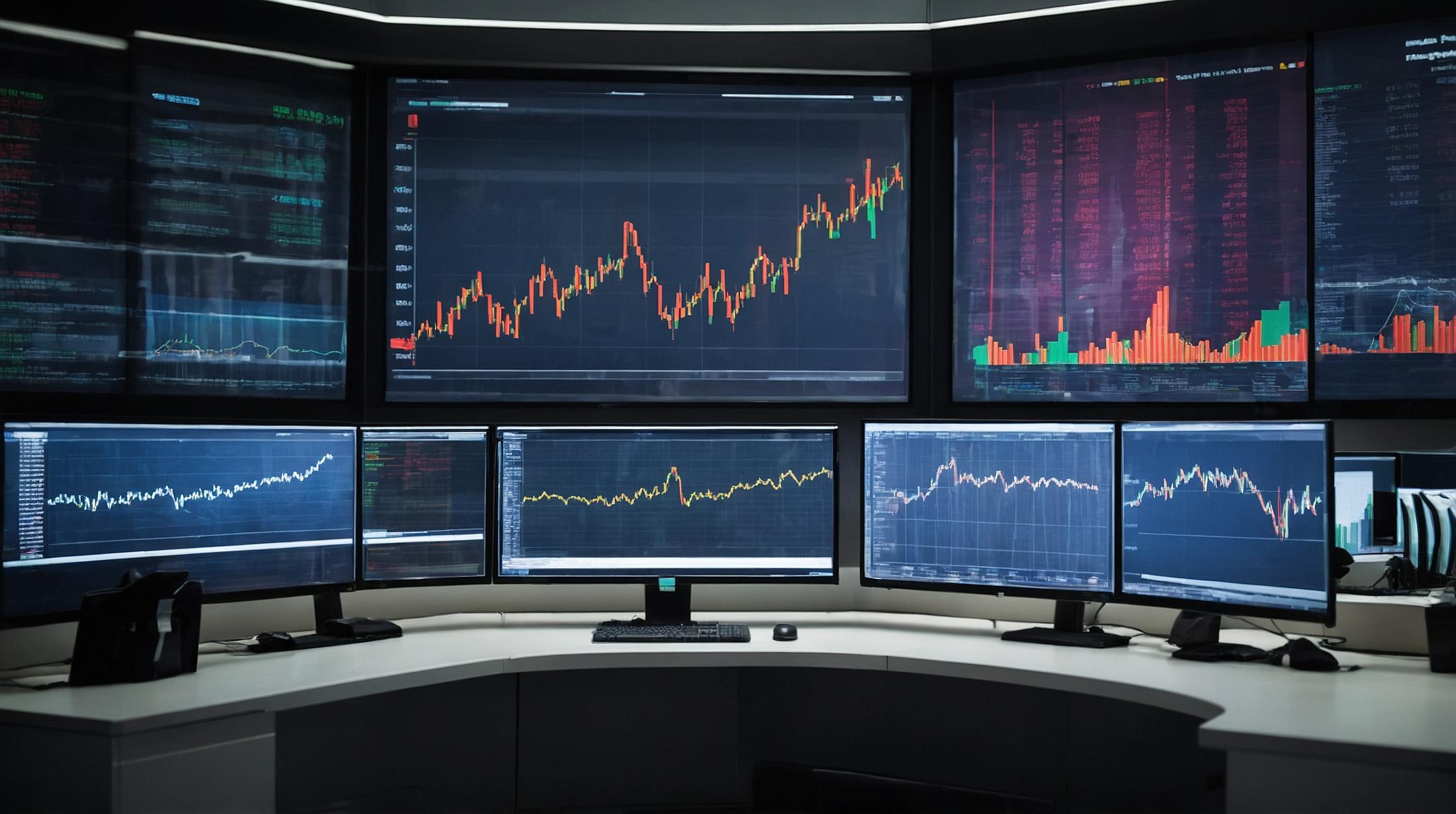Artificial Intelligence Revolutionizes Wealth Accumulation Among the World's Richest
In a financial landscape consistently dominated by innovative ventures, artificial intelligence (AI) has emerged as the golden goose for the world's wealthiest individuals. This year, the artificial intelligence sector has been pivotal in driving the bulk of wealth accumulation among the affluent, spotlighting the burgeoning importance of technology in modulating financial landscapes and equity markets.
Nvidia Corporation, spearheaded by co-founder Jensen Huang, has witnessed an unprecedented surge in its market value, for the first time eclipsing that of Amazon.com Inc., courtesy of an AI-fueled rally in tech stocks. This rally has not only augmented Huang's wealth but has also facilitated the creation of another billionaire within his family circle—his distant cousin Lisa Su, CEO of Advanced Micro Devices Inc. (AMD), now worth $1.2 billion as AMD's stock soared over the past year.
The Bloomberg Global Artificial Intelligence Index reveals that among the top 500 wealthiest individuals globally, 30 attribute a significant portion of their fortune to AI-related companies. This emphasis on artificial intelligence has culminated in a cumulative wealth gain of $124 billion for these magnates in the current year, accounting for a staggering 96% of the total wealth accretion indexed by the Bloomberg Billionaires Index.
Industry Titans Lead the Charge
The AI stock rally has conspicuously benefited industry stalwarts such as Mark Zuckerberg of Meta Platforms Inc., and Steve Ballmer, tailing Microsoft Corp.'s synergy with OpenAI. In parallel, Michael Dell has witnessed his fortune burgeon, thanks to AI-driven initiatives at Dell Technologies Inc. and Broadcom Inc.
Equally noteworthy is the emergence of new billionaires, such as Charles Liang, co-founder of Super Micro Computer Inc., who has seen his net worth triple to $6.2 billion this year. Alex Karp, co-founder of Palantir Technologies Inc., is another beneficiary, with a net worth leaping to $2.8 billion following a 31% spike in the company's shares after robust quarterly earnings.
SoftBank Group Corp. founder Masayoshi Son has also seen substantial wealth gains, with an increase of $3.7 billion this year, primarily fueled by ARM Holdings Inc., a company under its dominion, showcasing impressive sales bolstered by AI spending.
Sustainability Questioned Amid Soaring Gains
However, the sheer magnitude of these gains has led to speculation about the sustainability of this rally, with comparisons drawn to the dot-com bubble of the late '90s. Bank of America Corp. strategist Michael Hartnett earlier this month weighed in on the rush into tech stocks, hinting at an echo of the historical speculative bubble.
In summary, the ascendancy of artificial intelligence as a cornerstone of wealth creation underscores the sector's transformative potential and its burgeoning significance in the global economic arena. Nonetheless, the rapidity of gains has ignited debates about the longevity and stability of this expansive growth, reverberating concerns reminiscent of speculative bubbles past.
Analyst comment
Neutral news.
As an analyst, the market for artificial intelligence companies is expected to continue growing but may face potential volatility and speculation, similar to historical speculative bubbles. The sustainability of the rally is questioned, and investors should exercise caution.













